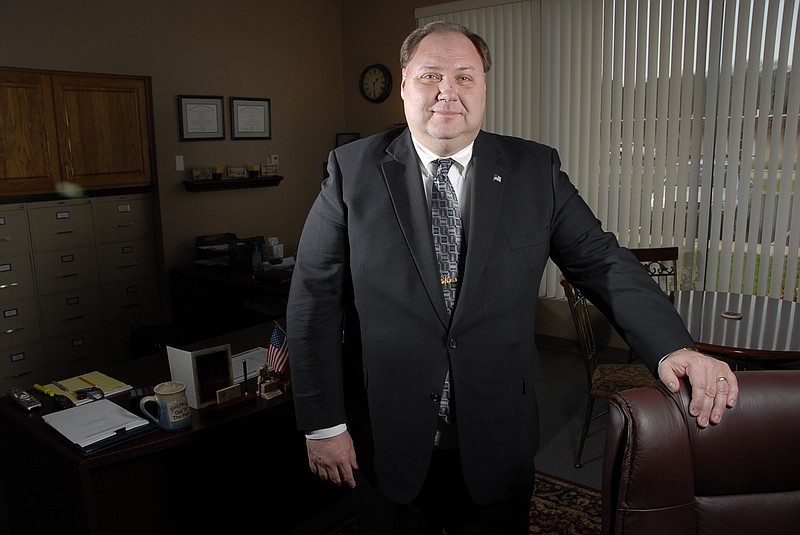More customers will soon have access to Collegedale's sewer system.
Commissioners voted earlier this month to repeal the city's 2015 sewer moratorium that stopped sewage coming from outside the city's limits from exceeding 52 percent of the pump station's total flow.
The repeal comes as a result of an interlocal agreement made between Collegedale and the Hamilton County Water and Wastewater Treatment Authority. WWTA triggered the suspension after its average wastewater flow to the city's pump station steadily increased from 7 percent to 52 percent of the total flow.
Since the moratorium went into effect, Collegedale's reduced capacity has delayed construction on a few homes and prevented a few commercial properties from properly connecting to the sewer, said City Manager Ted Rogers.
"It probably put a little bit of a restriction on development, but we're clearing that out of the way," he said. "It's good news that we have an agreement going forward. That's a positive thing."
The agreement designates how much wastewater WWTA is allowed to discharge into Collegedale's sewer system, stipulating that the amount may not exceed an average of 2.97 million gallons per day, which equates to about 65 percent of Collegedale's total flow.
The additional capacity gives WWTA some breathing room as it works to reroute the bulk of that wastewater discharge to a new force main that will connect to Chattanooga's collection system near the intersection of Apison Pike and Old Lee Highway.
The reconnection won't just free up capacity for new customers to connect to Collegedale's sewer line, but will also increase the capacity WWTA can offer in its North Ooltewah service basin, which runs from the Exit 11 area to Mahan Gap Road, Harrison said. The sewer availability will enable developers to place more homes per acre, as needed, as more people move to the fast-growing area, he explained.
"We're trying to be proactive so that we can meet the needs of the expected growth in this area," said Harrison.
Designs for the work are nearly complete, and Harrison said construction is expected to wrap up by the end of 2019.
In the meantime, WWTA will work to control the amount of wastewater heading into Collegedale's pump station, a matter Harrison said is complicated by factors like the area's aging sewer infrastructure, whose imperfections allow rainwater and groundwater to seep into the system.
Normally, WWTA's discharge to Collegedale is around 1 million gallons per day, Harrison estimated, but that number can triple during rainfall at certain points of the year.
Improving wastewater systems isn't just a challenge officials from WWTA have to address, but also those from Collegedale, Chattanooga and many other municipalities across the state. Harrison referenced a 2016 report by the American Society of Civil Engineers that gave Tennessee's wastewater infrastructure a D+ rating, which lands just barely above the nationwide D average.
"Our communities have ignored the upgrades that were needed to keep our wastewater systems at a C or a B or above, and we're having to try to play catch-up," he said. "The good news is we're working together to try to solve the problem. The tough reality is it's going to be an issue that our community is going to struggle with until we pull ourselves out of a D+ rating."
Email Myron Madden at mmadden@timesfreepress.com.
